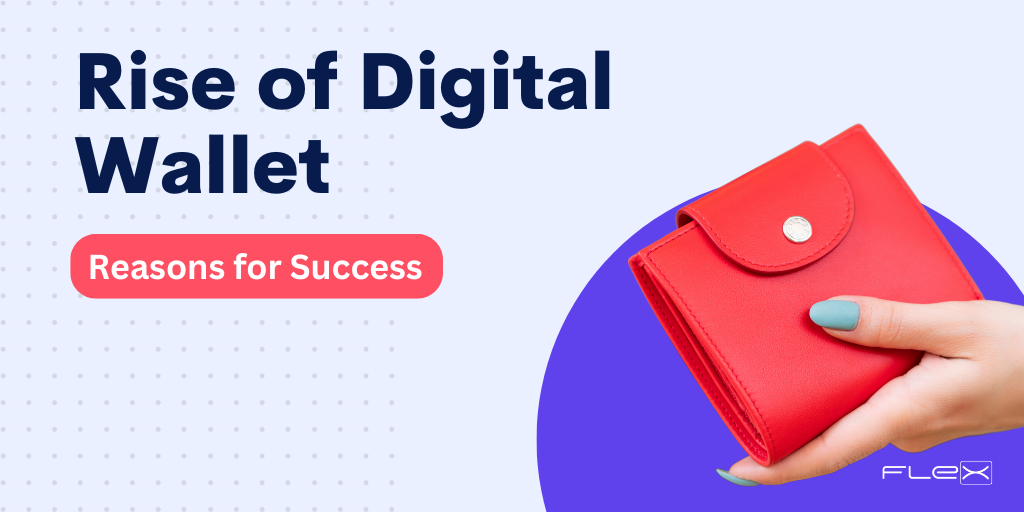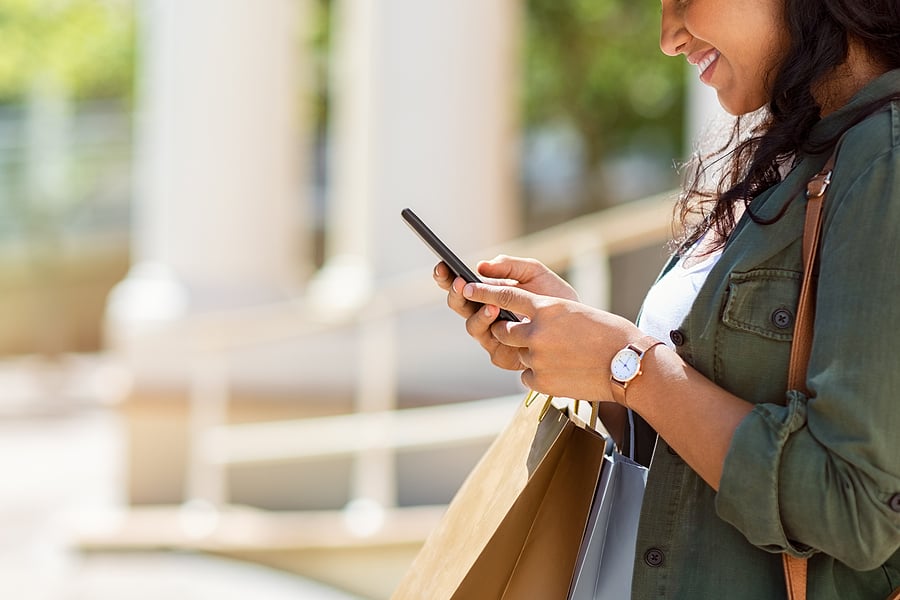A Safety-First Approach to Payments with Mobile & Digital Wallets
 If 2020 has taught us anything, it’s that change can come suddenly and unexpectedly. One of the most striking changes taking place since the coronavirus outbreak is people’s increasing use of technology. From Zoom meetings and online conferences to the rising adoption of e-commerce and mobile banking, technological solutions are providing people with alternative means to have safe, contactless experiences.
If 2020 has taught us anything, it’s that change can come suddenly and unexpectedly. One of the most striking changes taking place since the coronavirus outbreak is people’s increasing use of technology. From Zoom meetings and online conferences to the rising adoption of e-commerce and mobile banking, technological solutions are providing people with alternative means to have safe, contactless experiences.
In the credit union world, the rising use of digital wallets has been important to notice. These useful tools enable members to make secure and efficient virtual payments without the need for physical, in-person interactions. Digital wallets allow users to make purchases with just the click of a button or by simply scanning their smartphone. Although Americans have previously been skeptical of digital wallets and lagged in adoption, people’s trust and familiarity with digital wallets and online banking is growing since the pandemic forced the world online.
What is a digital wallet?
The name says it all. A digital wallet, simply put, is a digital version of a physical wallet. That means (almost) everything found in a traditional wallet can be stored online in the Cloud. A digital wallet is accessed through a smartphone or computer and can hold not only banking account information and credit cards, but coupons, reward cards, driver's license and health cards, reservations, event tickets, and more.
Using a virtual wallet, credit union members can make Peer-to-Peer (P2P) Payments easily and safely pay bills, shop online, or make purchases in the store by scanning their smartphone. Some of the most popular Peer-to-Peer Payment systems include Square, Venmo, PayPal and Zelle®.
Are digital wallets safe?
Although American consumers have been concerned about safety in the past, having a digital wallet is in some ways safer than carrying around a real wallet which likely consists of cards and personal documents. If a physical wallet is stolen, it’s easy for a thief to duplicate the information, or to use cards and banking information to make purchases.
However, with digital wallets, card numbers and banking information are encrypted, so the actual numbers aren’t displayed or transmitted when making a purchase. If a digital wallet is lost or stolen, it can be shut down immediately. Furthermore, most digital wallets are kept on smartphones, which require a code or facial recognition to be accessed, providing another layer of security. Lastly, the tech companies that provide digital wallet services are continually working to improve security.
For these reasons and others, many people in the U.S. and around the world are looking at digital wallets to be the way of the future.
Some key benefits of digital wallets
- Time-saver. With a digital wallet, you don’t have to type in your card number or remember your pin. Simply scan your wallet using your smartphone or buy online with one-shop clicking.
- Online shopping. Since the pandemic started, there’s been a huge jump in online shopping. E-commerce surged by over 30% in quarter two of 2020. That trend is likely to continue for some time. With a digital wallet, shopping online is fast, easy, and secure.

- Organization. Instead of carrying all your cards in your wallet, with a digital wallet you can safely store your credit cards, banking account information, rewards cards and personal documents in one place. And unlike with a physical wallet, if anything is lost it can be replaced.
- Contactless transactions. In the age of the pandemic, people are looking for ways to avoid exchanging fiat money. With a digital wallet in your smartphone or tablet, you can make purchases quickly online, or pass your device over a scanner for purchases, reward points or even to present event tickets.
The proven convenience, security and efficiency of digital wallets combined with the restrictions of the pandemic have led to their surge in popularity.
Popular digital wallets
People often choose digital wallets based on their mobile provider, since Apple (ApplePay) and Android (Google Pay) both offer wallets. Some other wallets, such as Paypal and Venmo, have social features and are very popular among millennials.
Peer-to-peer solutions like Zelle® provide a seamless way for credit union members to pay bills, make purchases, transfer money and shop online all directly within their credit union's mobile app.
With the current state of the world and the rising use of technology, credit unions shouldn't ignore how digital wallets are being used along with the need to offer their members efficient mobile banking solutions any longer.
Learn more about the FLEX & Zelle® integration in our eGuide.



